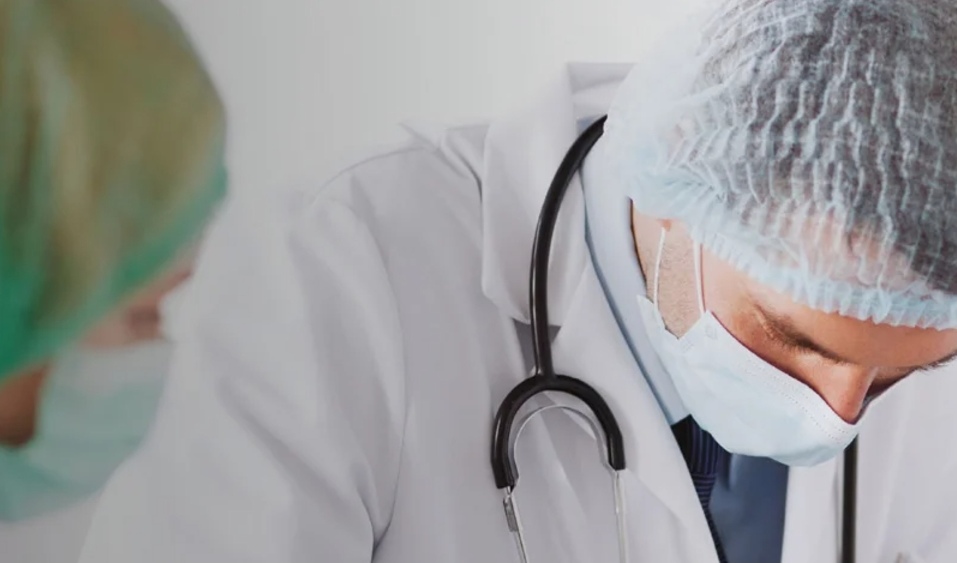Acute Medicine | Respiratory | Common causes of pulmonary diseases



Common Causes of Pulmonary Diseases
Session Overview
Description
This session is a brief overview of the possible causes of shortness of breath in an HIV+ patient.
Learning Objectives
By the end of this session you will be able to:
- Give a differential diagnosis of shortness of breath (SOB) in an HIV+ patient
- Recognise that HIV+ patients are at risk of more than one infection at any one time
- Recall that bacterial pneumonia is more common in HIV-infected individuals than the general population
Andrew, a 25-year-old man, presents to A&E with a one week history of increasing shortness of breath (SOB) and dry cough. He tells you he has never smoked, takes no medications and is normally fit and well.
On examination, he feels warm to touch and his respiratory rate is 24 breaths per minute. His pulse is regular, but fast at 120 beats per minute. The nurse has not performed the observations yet. On auscultation, his heart sounds are normal and he has crackles at the left base.
- Anaesthesia Fundamentals | Physiology | Visceral P...
- Posted By eIntegrity Healthcare e-Learning
- Posted Date: 2025-01-11
- Location:Online
- This session describes the clinical features of visceral pain and neuropathic pain, and contrasts these with somatic pain. The neurological pathway is discussed and the principle of central sensitization.
- Anaesthesia Fundamentals | Physiology | Pain - Per...
- Posted By eIntegrity Healthcare e-Learning
- Posted Date: 2025-01-11
- Location:Online
- This session works through the peripheral and central mechanisms of pain.
- Anaesthesia Fundamentals | Physiology | Neurologic...
- Posted By eIntegrity Healthcare e-Learning
- Posted Date: 2025-01-11
- Location:Online
- The session covers the organization of the spinal cord for motor functions, the types of motor neurones, the structure and function of muscle spindles and Golgi tendon organs, and the muscle stretch reflex, flexor and crossed extensor reflexes.
- Anaesthesia Fundamentals | Physiology | Autonomic ...
- Posted By eIntegrity Healthcare e-Learning
- Posted Date: 2025-01-11
- Location:Online
- This session summarises the structure and function of the autonomic nervous system.
- Anaesthesia Fundamentals | Physiology | The Brain
- Posted By eIntegrity Healthcare e-Learning
- Posted Date: 2025-01-11
- Location:Online
- Â This session covers the functional physiological divisions of the brain, the regulation of blood flow and physiology of cerebrospinal fluid.


